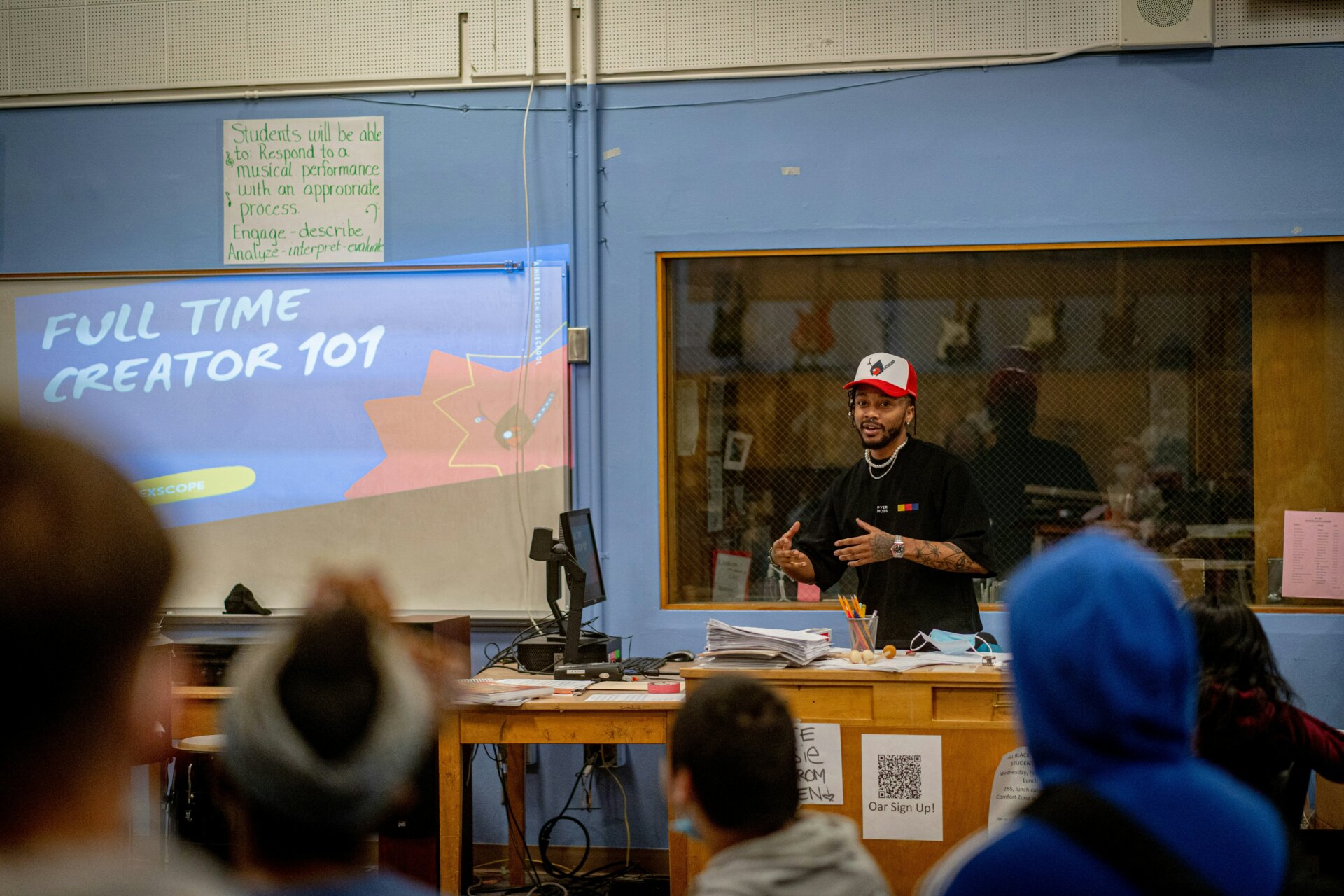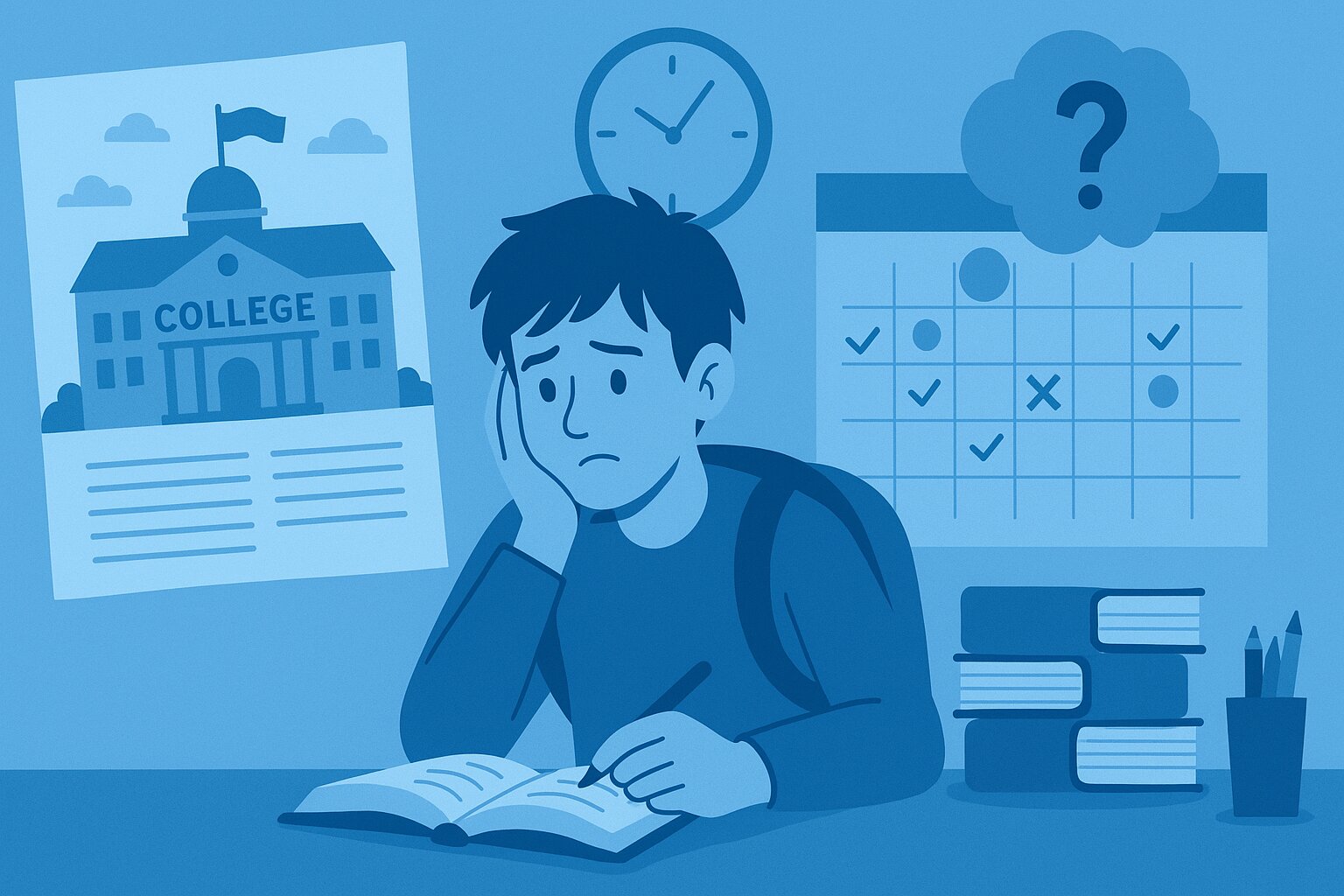Building Successful Relationships with Teachers
Students who struggle with executive functioning skills don’t need to be teacher’s pets to succeed. However, it’s important that they build positive relationships with their teachers to initiate and propel their personal success.
This is especially critical for students with executive functioning challenges; if a student appears disorganized or distracted, teachers may assume that student doesn’t care about the class. Students who go above and beyond to invest in their relationships with teachers show those teachers that they truly do care, and building those relationships starts with clear, respectful communication.

While teachers want to be readily available to students at all times, there are some times that work better than others for students to approach teachers about questions, clarifications, or concerns. Here are some of our suggestions for times to meet:
1. Passing Period
Sometimes this is a great time to ask a teacher a quick question. However, this is a transition time and teachers may be setting up for their next lesson, taking a quick break, etc. so students can ask brief questions like when is a good time to come for help? or can you repeat which homework problems we’re doing?
2. Before school, after school, and lunch
These are great times for your student to chat with their teacher and talk about more in depth questions. Students can always ask teachers to meet at these points in the school day, and usually teachers are very open to helping at these times. Even if your student just meets with a teacher for five minutes to complete a homework problem or ask a question about the previous lesson, it shows they care about their learning. This positively impacts their connection with their teacher. Also, some teachers schedule help sessions before and/or after school. Help your students to write these down at the beginning of the year so they can attend when needed.
*A note about help sessions*
Help sessions shouldn’t be viewed as a punishment, but rather as an opportunity to learn, ask questions, and grow as a student. If your student attends, it shows the teacher that your student is utilizing their resources and they’re motivated to learn. Also, help sessions are incredibly beneficial when studying for a test since your student will be going over material with the person who created the test. Not only will teachers see that your student is invested in succeeding, but your student will most likely get helpful hints about what’s on the exam (and what to brush up on).
3. Email/Message via Schoology or Google Classroom:
If your student misses an opportunity to connect with their teacher during the school day, encourage them to reach out via email. Email is the primary tool of communication in college and the work world, so communication with teachers via email will not only build great relationships, but it will help your student prepare for the future.
*Pro Tip*
Students should check teacher/student websites for small questions (for example: when are office hours, what’s your test correction/essay revision policy, etc.). Students should get to know their teacher websites really well at the start of the school year so they can fall back on them as a resource if needed!
Teachers all have the same goal: to educate their students and help them succeed. If (when) your student gets frustrated with teachers for any reason, help remind them of this so they aren’t as nervous to approach their teachers.
Parenting a child who struggles with executive function can be overwhelming, but you don’t have to navigate this journey alone. Let Untapped help!





